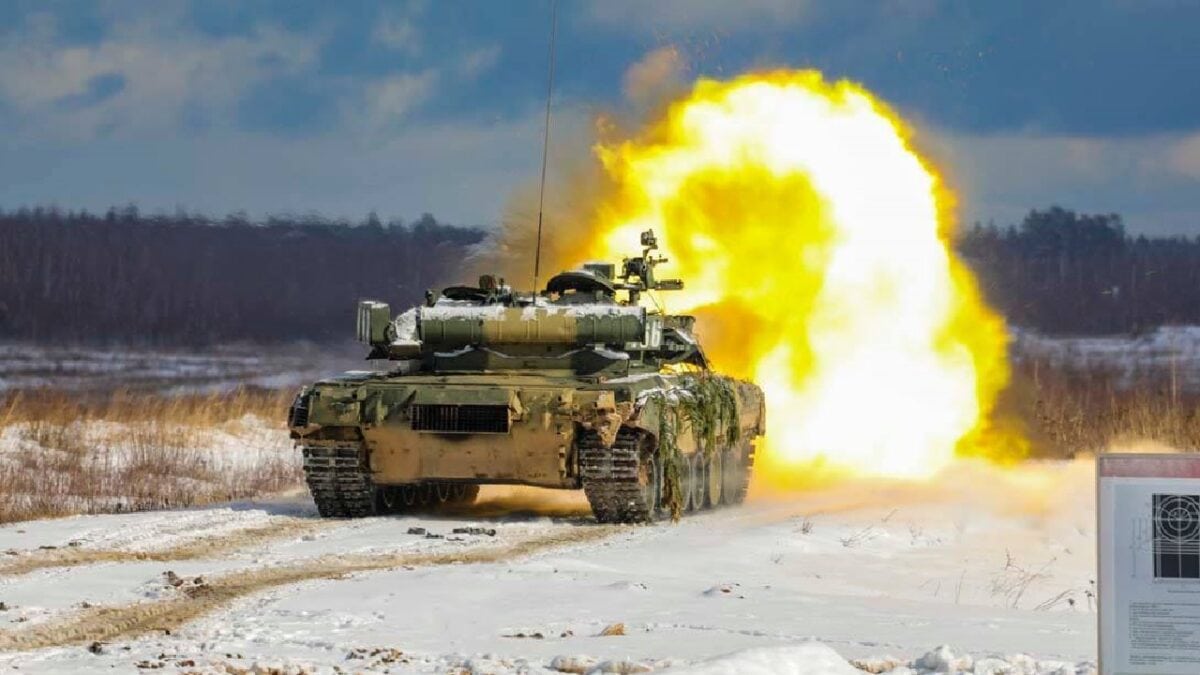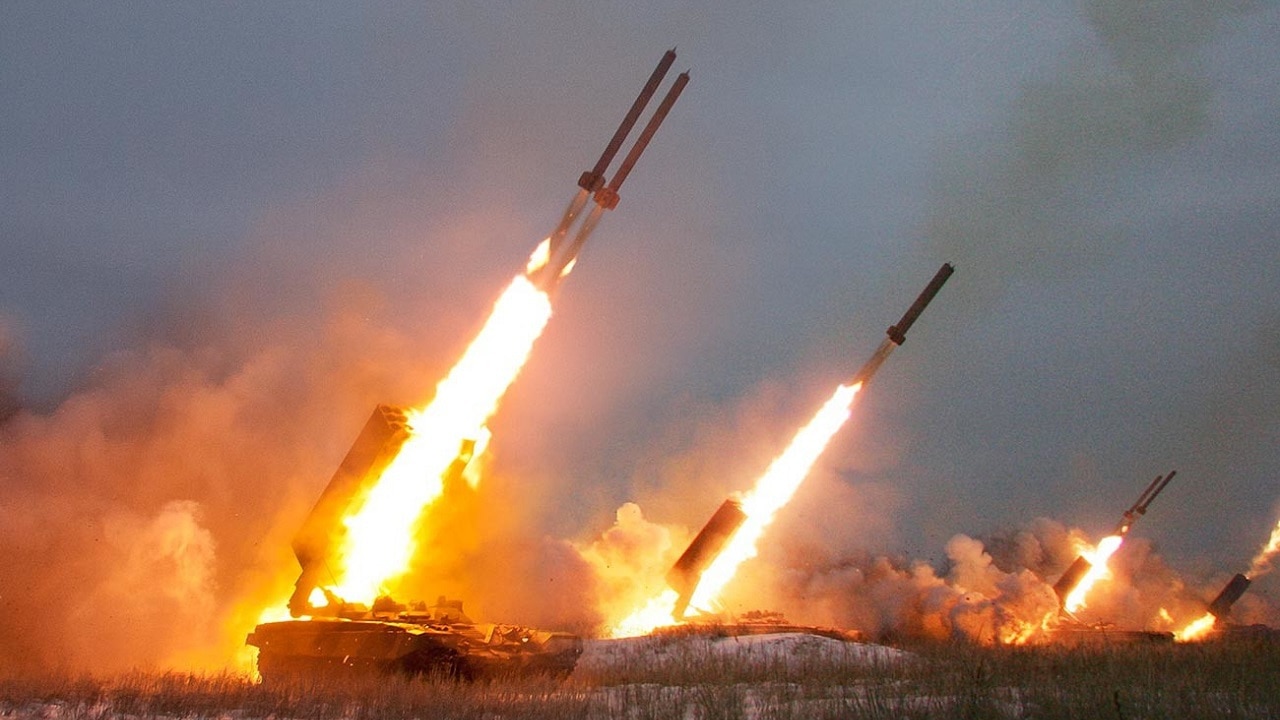UK Says Russian Military Weaker “Materially and Conceptually” After Ukraine Invasion – In an intelligence update on Tuesday, the United Kingdom’s Ministry of Defence described the Russian military as “significantly weaker” and offered an insight into how the Russian military has so far failed to meet its objectives in Ukraine.
According to British defense officials, several years of modernization of Russian military equipment have failed to pay off for the Kremlin. The intelligence update described how the Russian defense budget roughly doubled between 2005 and 2018, and major investments were made in Russia’s land air, land, and sea capabilities.
“However, the modernisation of its physical equipment has not enabled Russia to dominate Ukraine,” the update reads. “Failures in both strategic planning and operational execution have left it unable to translate numerical strength into decisive advantage.”
The update also said that the Russian military is weak “materially and conceptually,” and that a combination of major losses in Ukraine and international sanctions levied against the country “will have a lasting impact on Russia’s ability to deploy conventional military force.”
Kyrylo Budanov, the head of Ukrainian intelligence, made similar comments on Monday.
“All they spent money on was to show the greatness of the Russian army in the world,” he told a Ukrainian news outlet. “Now we have seen that there is no greatness at all.”
Sanctions levied against Russia have targeted not only its financial institutions, but also its technology, aviation, and military sectors. With no access to technology or hardware from NATO countries, Russia will either need to begin manufacturing key technological components – ranging from microchips to airplane parts – at home or turn to its allies in Asia. Either way, it will make the process of rebuilding its military and normalizing supply chains for many major industries a laborious, difficult, and complex project.
Is Russia Running Out of Soldiers and Ammunition in Ukraine?
Only weeks into the invasion of Ukraine reports revealed that Russian soldiers were running out of food, water, ammunition, and other supplies. Following Ukrainian attacks on supply ships and convoys in the country, Russian forces were eventually forced to the border of Belarus in the north of Ukraine where they resupplied and prepared to be redeployed to the Donbas region.
In March, U.S. intelligence sources estimated that 120 of Russia’s 160 battalion tactical groups had been deployed to Ukraine. With 64% of the Russian made up of contract soldiers, the battalions sent to Ukraine included a large number of conscripted soldiers.

Russian tank firing. Image Credit: Creative Commons.
Also in March, NATO estimates suggested that as many as 40,000 Russian troops had been killed, captured, or injured. One official revealed that up to 15,000 Russian troops have died, though nobody knows the true number at this stage.
Not only has Russia lost a worrying number of troops in Ukraine, but western defense officials have also indicated that Russia’s precision missile stock is running low and its arms factories are unable to produce enough missiles to keep up with demand.
Jack Buckby is a British author, counter-extremism researcher, and journalist based in New York. Reporting on the U.K., Europe, and the U.S., he works to analyze and understand left-wing and right-wing radicalization, and reports on Western governments’ approaches to the pressing issues of today. His books and research papers explore these themes and propose pragmatic solutions to our increasingly polarized society.

